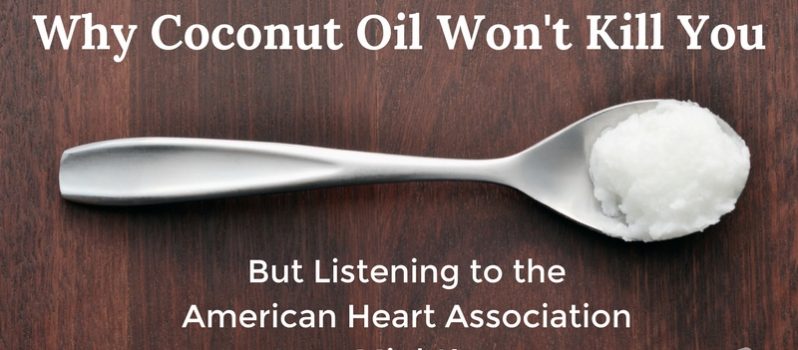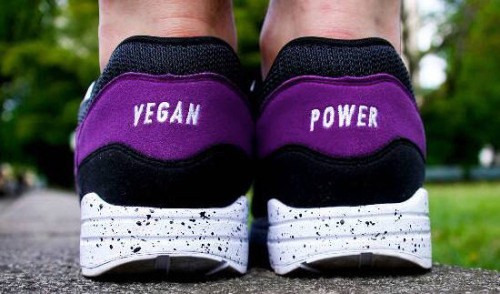As long as I remember coconut oil has been one of the most health-promoting food on earth. Its healing properties are even so miraculous it has been called to be “The tree of life“. Coconut is a “functional food” rich in vitamins, minerals and fiber – the essential nutritional building blocks for perfect health. For generations, island people considered it “THE CURE FOR ALL ILLNESS” and consumed coconut oil daily. However, last year the American Heart Association published a report advising against the use of coconut oil. How serious should you take this report and what are the real motives behind these statements? Read on to learn more about this misleading report!
You may have seen the news late last week about the latest “Presidential Advisory” on dietary fats released from the American Heart Association (AHA) published online in Circulation. The part of this report that seems to be making the most news around the internet is that coconut oil is unhealthy. In the last few days I’ve seen titles like “Coconut Oil is as Bad as Butter”, “Coconut Oil is Unhealthy and Has Never Been Healthy”. Not only do these types of headlines cause increased confusion for the general population, for those of us who understand the nuances and politics behind the AHA’s statement it’s absolutely infuriating. So, I thought I would write a rebuttal and present some actual facts about why their latest advice, and their continued promotion of inflammatory foods like margarine (yes, seriously) should be taken with a grain of salt.
Who is the American Heart Association?The American Heart Association was founded by a group of cardiologists in 1924. Its purpose is to fight heart disease and stroke by funding research, promoting certain public health policies, and providing education to the public. With heart disease being the leading cause of death in the United States, this is clearly important work, but their effectiveness is clouded by politics and a questionable interpretation of science. They have repeatedly promoted the replacement of saturated fat with omega-6 (inflammatory) polyunsaturated fats in order to reduce heart disease risk, a recommendation that simply has not been supported by current research.
Additionally, as with any non-profit organization, the AHA needs money. The best place to get money is from corporate sponsors, which for them include Subway, Cheerios, and Bayer. In addition, the AHA allows companies to purchase a “seal of approval”, known as the Heart Check Program, that can be put on certain food products that meet specific criteria. Some of these products include Honey Nut Cheerios, Orange Juice, and V8 Fusion. The products endorsed by this program are generally high in refined carbohydrates and contain a lot of sugar. Not to mention, only the companies who can afford to pay the fee for the “Heart Check” label are allowed to use it on their packaging. Even for a non-profit, that many corporate connections make me question the validity of their claims and how they are analyzing the available data on heart disease.
Read more about it here!







